Cyproheptadine is a drug that has many uses but is often prescribed to cats because of the side effect of appetite stimulation that it causes. This side effect may help prevent further issues from occurring in cats that refuse to eat, but your cat may also take this medication for other reasons.
Knowing why cyproheptadine may be recommended can help you provide a better level of care to your cat as well as understand what they are being treated for.
What Does Cyproheptadine for Cats Do?
Cyproheptadine is a generic prescription medication that goes by many brand names including Ciplactin®, Cyheptine®, Cyprogin®, Cyprono®, Cyprosian®, Klarivitina®, Nuran®, Periactine®, Periactinol®, Periatin®, Peritol®, Polytab®, Practin®, Preptin®, Supersan®, and Trimetabol®. It can come as either a 0.4 mg/mL syrup or in a 4 mg oral tablet form. It is usually recommended to give for at least two to three days before the full effects are achieved.
Cyproheptadine is an antihistamine, much like cetirizine or loratadine, that works by blocking a histamine receptor in the body called H1. When blocking this histamine receptor, cyproheptadine helps suppress inflammation in the body and subsequently the urge to itch.
At the same time, cyproheptadine also obstructs a neurotransmitter called serotonin by blocking the 5HT2 receptor subtype. When serotonin is decreased, the body thinks it is hungry and signals the cat to start eating.
Like many medications, this drug is metabolized in the body through the liver and will be excreted through the kidneys and eventually the urine.
Diseases Cyproheptadine Can Treat in Cats
Cyproheptadine is most often used in cats as an appetite stimulant. If cats are sick, stressed, hospitalized, or uncomfortable, they often refuse to eat. This can be a life-threatening problem and causes a cat to run the risk of developing fatty liver disease and not receive the nutrition it needs to heal. Cyproheptadine is commonly given to these cats to entice them to want to eat and therefore decrease the likelihood of these other complications from developing.
Other diseases that cyproheptadine may be used to treat in cats include itching and inflammation associated with allergies, toxicities, inappropriate urine spraying in the house, asthma, and serotonin syndrome. In dogs and horses, it may be used to treat other conditions.
Side Effects of Cyproheptadine Use
Cyproheptadine is generally considered safe and can be given with or without food, but it can occasionally have unwanted side effects. These side effects can include:
- Sedation
- Urine retention or difficulty urinating
- Increased eye pressure in cats predisposed to glaucoma
- Dry mouth
- Increased heart rate
- Increased body temperature
- Excitation
- Vomiting
- Diarrhea
- Decreased appetite due to vomiting or diarrhea
If a cat consumes too much cyproheptadine, seizures, drowsiness, extreme dry mouth, and excitement may occur. You should contact your veterinarian if you feel your cat is experiencing any side effects of this medication.
Considerations Before Using Cyproheptadine in Cats
Cyproheptadine is not a good appetite stimulant for all cats. Some cats that are on other medications or have specific conditions should not take this drug. If a cat is taking a sedative, the sedation effects may be greater when cyproheptadine is administered and it can interfere with medications that may help with anxiety, such as fluoxetine.
Cyproheptadine may also decrease the effectiveness of some pain medications, like tramadol, and should not be given to nursing queens as it can interfere with their production of milk. Cats that are at risk for developing, or that have glaucoma should avoid taking cyproheptadine as well.
Finally, cats that are recovering from or that recently had a urinary blockage, have been diagnosed with a seizure disorder, or that are in heart failure should not be given cyproheptadine.
Storage of Cyproheptadine
This tablet form of this medication should be stored at room temperature and away from light. Special colored pill vials are often used if you receive this drug from your cat's veterinarian. Cyproheptadine should be kept in these vials or the original packaging from the manufacturer to ensure the stability of the product is not negatively affected. Syrup forms can be refrigerated, but they can often stay at room temperature as well.
If you suspect your cat is sick, call your vet immediately. For health-related questions, always consult your veterinarian, as they have examined your cat, know their health history, and can make the best recommendations for them.

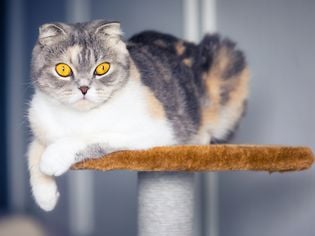
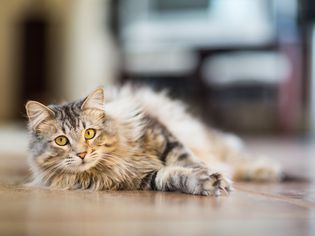
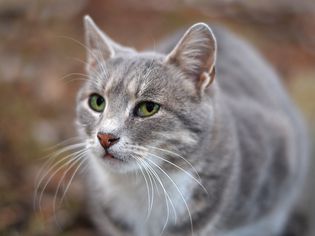
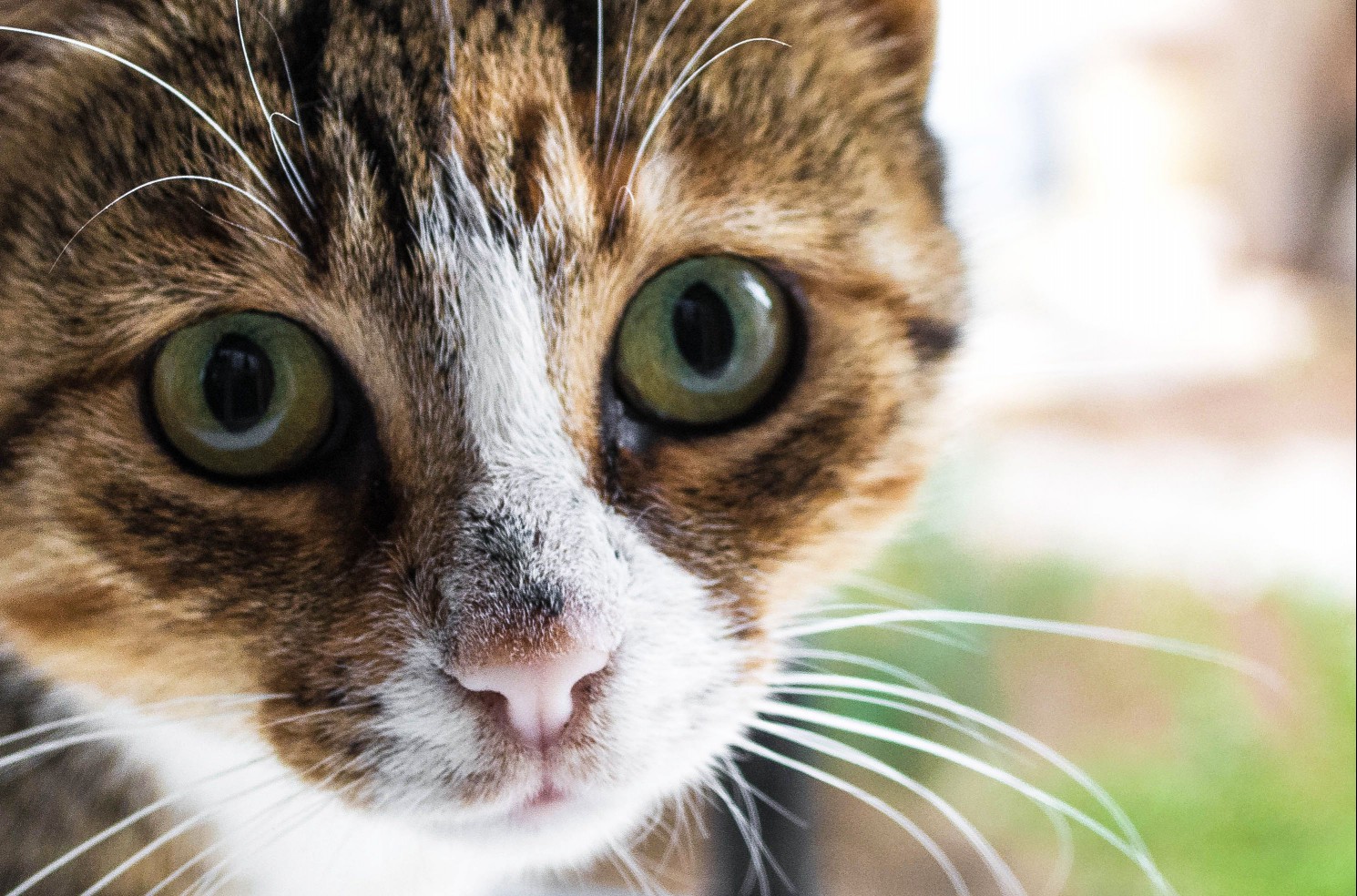
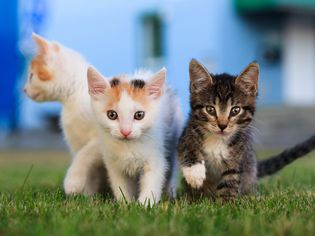
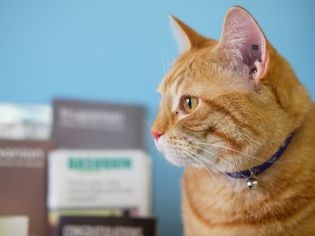
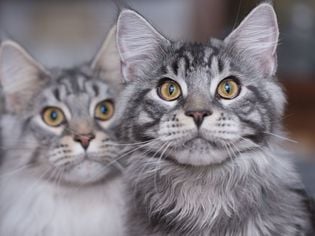
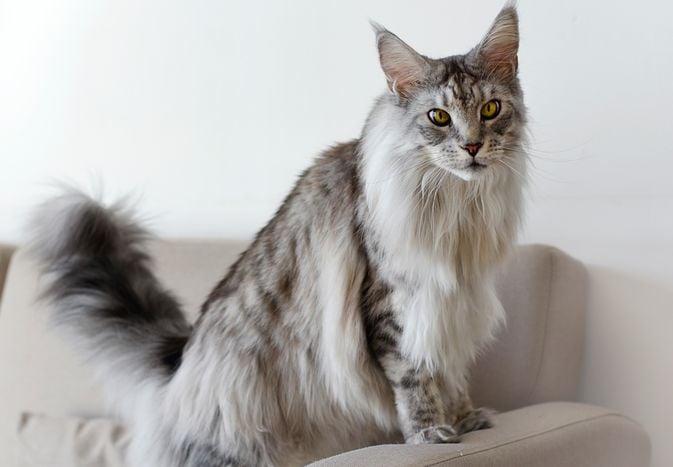
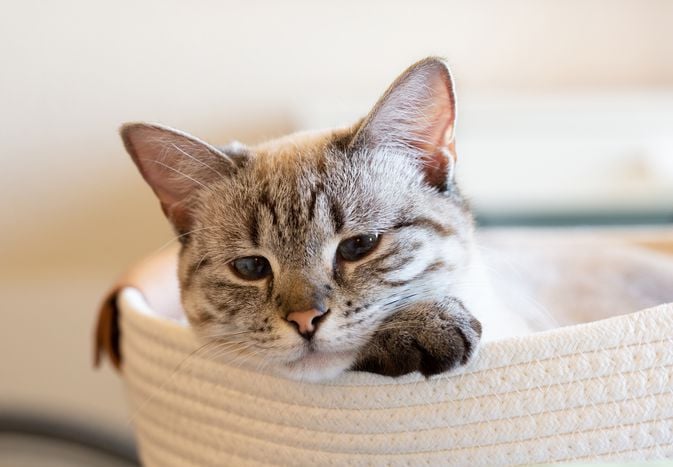
Comments on " Cyproheptadine for Cats" :